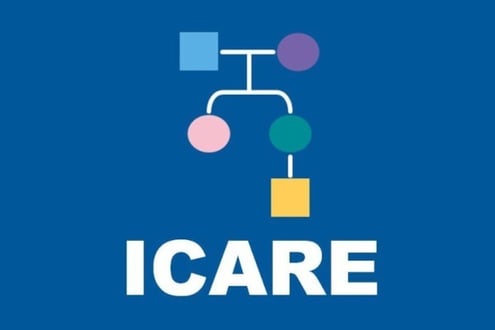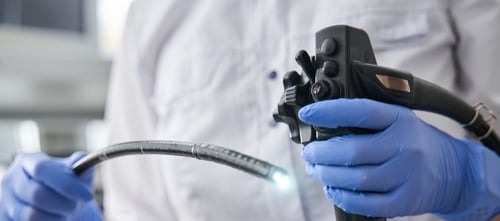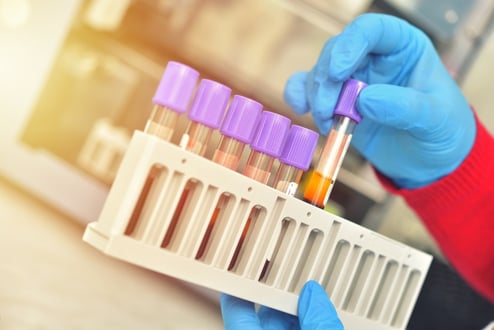ATM Mutations: Cancer Risks
Cancer Risks Associated with Inherited Mutations
People with an mutation have a higher risk for several types of cancer. These cancers tend to happen at a younger age than in people without a mutation.
Experts at the National Comprehensive Cancer Network (NCCN) created guidelines which estimate the cancer risks for people with mutations. These cancer risk estimates are updated based on the latest research.
See the table below for estimated risks for the following cancers in people with mutations:
- breast cancer
- pancreatic cancer
- ovarian cancer
- colorectal cancer
- cancer
To understand more about your personal risk, we recommend that you speak with a genetics expert who can look at your personal and family history of cancer and help you decide on a plan for managing your risk.
Participate in Research
Cancer risk table
Cancer Type |
Lifetime Risk with an ATM Mutation |
Lifetime Risk for General Population |
Notes |
21 - 24% |
12.5% |
People with a common ATM mutation known as c.7271T>G variant may have a higher risk for breast cancer than people with other variants. |
|
Risk for 2nd breast cancer diagnosis in women who were previously diagnosed with breast cancer |
4% risk within 10 years of initial diagnosis |
More research is needed to confirm this risk. This applies to women who have not had bilateral mastectomy. |
|
Male breast cancer |
May be increased |
.1% |
More research is needed to confirm this risk. |
5 - 10% |
1.7% |
||
2 - 3% |
1.3% |
||
Colorectal cancer |
5 - 10% |
4.1% |
More research is needed to confirm this link. |
Prostate cancer |
May be elevated |
12% |
More research is needed to confirm this link. |
Source: NCCN Guidelines: Genetic/Familial High-Risk Assessment: Breast, Ovarian, Pancreatic, Prostate v. 3, 2025. |
|||
Other cancers
More research is needed to better define the lifetime risks for other cancers in people with an mutation. For this reason, genetics experts often look at a family’s history of cancer to help people with mutations understand their risk for additional cancers.
It is important to note that cancer risks are estimates over the course of a person's lifetime. Your lifetime risk and risk over the next five years will vary depending on:
- current age
- gender
- specific mutation
- personal and family health history
- diet, exercise, lifestyle and other factors
More Resources
Participate in Prevention Research
The screening and prevention studies below are enrolling people with mutations. To search for more studies, visit our Search and Enroll Tool.
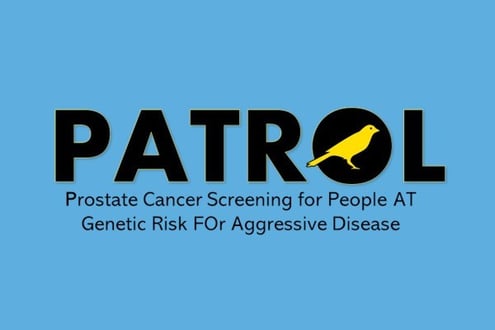
PATROL Study: Prostate Cancer Screening for People AT Genetic Risk FOr Aggressive Disease
Clinicaltrials.gov identifier: NCT04472338

Screening Study for Men at High Genetic Risk for Prostate Cancer
Clinicaltrials.gov identifier: NCT03805919
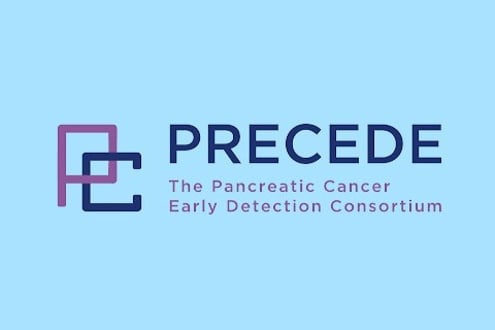
Pancreatic Cancer Early Detection for People at High Risk
Clinicaltrials.gov identifier: NCT04970056

Screening in Men at High Risk of Developing Prostate Cancer
Clinicaltrials.gov identifier: NCT05608694

Prostate Cancer Genetic Risk Evaluation and Screening Study (PROGRESS)
Clinicaltrials.gov identifier: NCT05129605

Helping Latinas Understand Their Risk for Breast Cancer and Get Breast Cancer Care
Clinicaltrials.gov identifier: NCT05483283
Participate in Treatment Research
The treatment studies below are enrolling people with mutations. To search for more studies, visit our Search and Enroll Tool.

NePtune: Using PARP Inhibitors Before Surgery in Localized Prostate Cancer
Clinicaltrials.gov identifier: NCT05498272

Treating Metastatic Prostate Cancer with a New PARP Inhibitor AZD5305 Combined With Hormone Therapy
Clinicaltrials.gov identifier: NCT05367440

New Treatment in People with Triple Negative Breast Cancer or Advanced Solid Tumors
Clinicaltrials.gov identifier: NCT06022029

Study of the Drug Sovilnesib in People with Ovarian Cancer
Clinicaltrials.gov identifier: NCT06084416

Clinicaltrials.gov identifier: NCT05011383
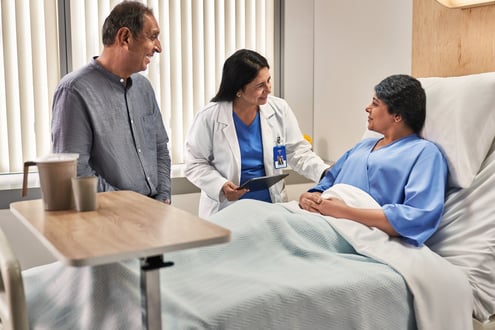
Clinicaltrials.gov identifier: NCT05720039
Stories from the Community
June 11, 2021
Watch Our Expert Webinars on Mutations
What's new for people with ATM, CHEK2 or PALB2 mutations?
Cancer Risks, Screening and Prevention for People with ATM, CHEK2, PALB2 and Other Genes
